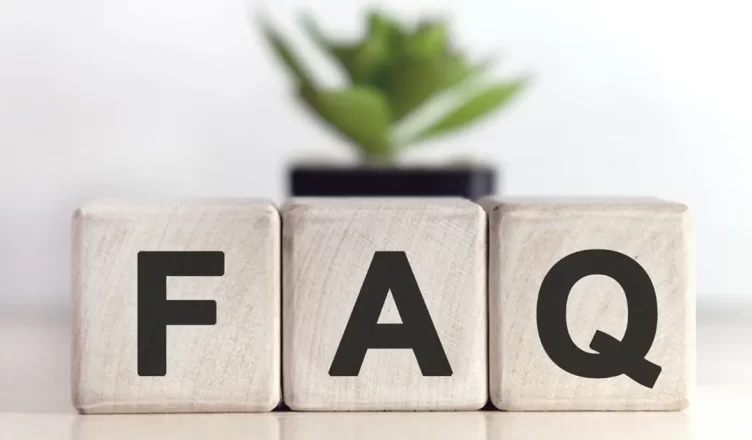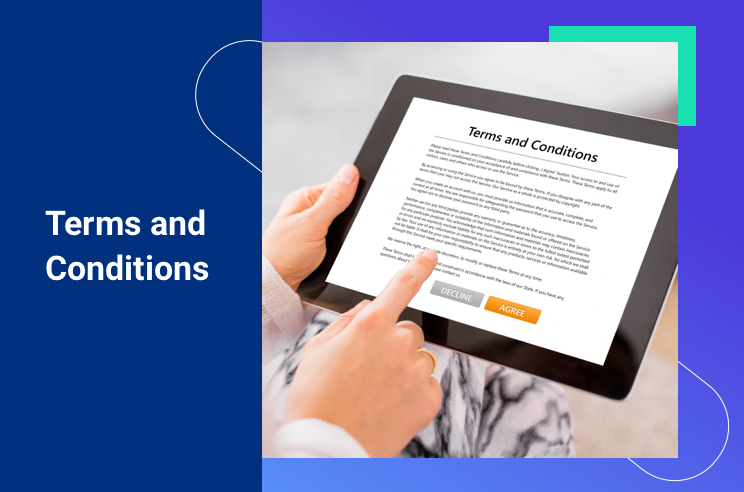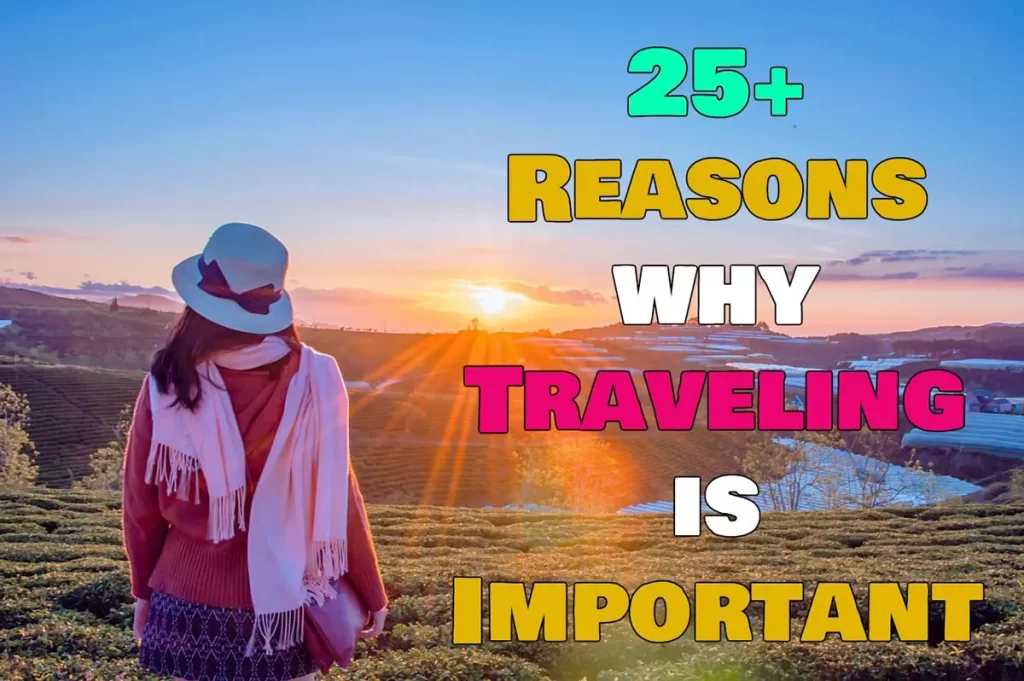
Vietnam Travel FAQ: Your Essential Guide to Planning with Vietnam Shore Excursions
Welcome to the Frequently Asked Questions (FAQs) section of Vietnam Shore Excursions! We understand that planning an international trip, especially to a vibrant and culturally rich destination like Vietnam, comes with many questions. Our goal is to make your journey as smooth and stress-free as possible. Below, you’ll find comprehensive answers to the most common inquiries we receive about traveling through Vietnam and utilizing our exceptional services.
If your specific question isn’t answered within this guide, please do not hesitate to contact our friendly team directly at chiduyencssh@gmail.com. We’re here to assist you every step of the way!

I. Booking Your Vietnam Adventure & Arrival Information
1. Do you offer pre-made tour packages, or can I customize my trip?
At Vietnam Shore Excursions, we pride ourselves on offering ultimate flexibility to suit every traveler’s desires. We provide a range of thoughtfully pre-designed Vietnam tour packages based on our most popular and highly recommended itineraries, perfect for those seeking a convenient and curated experience. However, we truly excel in crafting customized tours and personalized itineraries specifically tailored to your individual interests, preferences, and travel pace. Whether you dream of delving deep into ancient history, exploring bustling markets, relaxing on pristine beaches, or embarking on thrilling adventures, we can design the perfect trip just for you. Please note that Vietnam tour prices vary depending on the chosen activities, the level of accommodation (from boutique hotels to luxury resorts), the duration of your trip, and the time of booking. Contact us for a personalized quote!
2. How do I cancel a booking I have made with Vietnam Shore Excursions?
We understand that sometimes unforeseen circumstances can alter travel plans. If, for any reason, you need to cancel a booking made directly with Vietnam Shore Excursions, please contact us immediately via email or phone. Our dedicated team will guide you through the process. We kindly advise all clients to review our comprehensive booking terms and conditions, as well as any additional specific terms and conditions related to your particular tour or service, as cancellation policies and potential charges may apply. If you have booked your Vietnam holiday package through a third-party travel agent, please contact them directly for all cancellation inquiries and to understand their specific policies.
3. How can I transfer payments to you, and is a deposit required for booking?
To confirm and secure the services for your unforgettable Vietnam trip, we require a deposit of 30% of the total booking cost. This deposit allows us to reserve your accommodations, transportation, and secure your desired activities well in advance. Payment for both the deposit and the final balance can be conveniently made via secure credit card transactions (Visa, MasterCard, American Express) or through bank transfer. We accept payments in major international currencies, including USD (United States Dollars) and AUD (Australian Dollars), for your convenience.
Please note: A surcharge of 3% will be applied to cover bank service fees if you choose to pay your deposit or the total amount via PayPal, Credit Card, or Debit Card. We are committed to transparency, ensuring you are fully aware of all costs involved.
II. Health, Safety, and Travel Insurance in Vietnam
1. What medical precautions should I consider before my trip to Vietnam?
Prioritizing your health is paramount for a comfortable and enjoyable Vietnam holiday. We strongly recommend that all travelers consult with their family doctor, a specialized travel medical doctor, or a reputable travel clinic several months before your departure. This crucial step allows ample time for them to provide accurate recommendations for necessary vaccinations for Vietnam travel (if any, as per your travel history and itinerary) and any other preventative health measures. It is vital to inform your doctor about all countries you plan to visit, the specific time of year you will be traveling, and any existing medical conditions. This advice is particularly important if you suffer from chronic illnesses, require specific medications, or are traveling with young children, as their medical needs may differ.
2. Why is travel insurance highly recommended for my trip to Vietnam?
While Vietnam is a safe and welcoming country, unforeseen events can sometimes disrupt even the best-laid travel plans. Illness, an unexpected accident, or a family emergency (such as a death in the family) can lead to significant financial loss related to cancellations, refunds, or compensation for your Vietnam travel packages. While we, as your tour operator, cannot eliminate inherent travel risks, travel insurance offers crucial financial protection against such eventualities.
Although travel insurance for Vietnam is not legally compulsory, it is highly recommended to secure a comprehensive travel insurance policy before your departure. This will be immensely helpful, especially in cases of medical emergencies requiring evacuation. A robust travel insurance policy typically covers against hospital and medical expenses resulting from an accident occurring to the policyholder during the insurance period, and/or unforeseen illnesses that may arise during your trip. It provides invaluable peace of mind, allowing you to focus on enjoying your journey.
3. How many days in advance should I apply for travel insurance for my Vietnam trip?
For optimal coverage and peace of mind, we strongly suggest you purchase travel insurance as soon as your Vietnam itinerary is confirmed and your initial deposits are paid. Many travelers overlook the benefit of early purchase, especially regarding trip cancellation coverage. It’s important to note that trip cancellation coverage is often not automatically included in all travel insurance policies and may carry an extra premium. Therefore, we urge you to carefully read over your entire policy document. Ensure you fully understand the scope of your coverage, including any exclusions or specific conditions, particularly those related to trip cancellation, medical emergencies, and luggage loss, to ensure comprehensive protection for your Vietnam holiday.
III. Transportation & Airlines in Vietnam
1. What standard of vehicles can I expect during my tours with Vietnam Shore Excursions?
The overall standard of vehicles utilized for tourism purposes across Vietnam has significantly improved over recent years. At Vietnam Shore Excursions, we prioritize your comfort and safety. We primarily provide high-quality vehicles that consistently meet modern standards for tourism transport. Our fleet consists of new, well-maintained models, all equipped with essential amenities such as efficient air conditioning for Vietnam’s climate, mandatory seatbelts for all passengers, and comfortable seating to ensure a pleasant journey, whether it’s a short transfer or a longer scenic drive. For clients seeking an elevated travel experience, luxury cars such as Mercedes, BMW, or spacious limousines may be available for hire, though these options typically incur an additional charge. We are committed to providing reliable and comfortable car rental services in Vietnam.
2. What is the typical limit for luggage on domestic and regional flights within Vietnam?
It’s important to remember that each individual airline operating domestic and regional flights in Vietnam (e.g., Vietnam Airlines, Vietjet Air, Bamboo Airways) has its own specific luggage allowance policy. This means the exact luggage limit can vary between carriers and even between fare types. However, as a general guideline, for economy class passengers, the typical checked baggage limit is around 20 kilograms (or 44 pounds). For business class passengers, this limit usually increases to approximately 30 kilograms (or 66 pounds). It is crucial to check the specific luggage allowance for your ticket class and chosen airline well in advance of your flight. Be aware that excess baggage will be charged at a specific rate, which is determined by the individual airline and the particular flight route. To avoid unexpected fees, we recommend packing efficiently.
IV. Food & Drinks in Vietnam
1. What general food and water precautions should I follow in Vietnam to stay healthy?
Ensuring a delightful and healthy culinary experience is key to enjoying your Vietnam holiday. As a general guideline, when it comes to food and water safety in Vietnam, we typically advise our guests to follow the principle: “If you cannot peel it, boil it, or cook it – do not eat it.” This practical rule helps minimize exposure to potential contaminants. Generally, try to avoid fresh salads or raw vegetables unless you are certain they have been thoroughly washed with purified water or are from a reputable establishment. We also advise against consuming raw shellfish, raw crab, and cold cooked meats from street vendors, as these can pose higher risks. Embrace the delicious array of hot, freshly cooked dishes, which are usually safer and incredibly flavorful.
2. I have specific dietary requirements or allergies. Can I order special dishes in Vietnam?
Absolutely! Special diets and food allergies can generally be well-accommodated in Vietnam, particularly in major tourist areas, hotels, and established restaurants. Most common allergies, such as gluten, dairy, or nut allergies, can regularly be managed by chefs who understand the ingredients. For travelers requiring Halal or Kosher food, options can also be found across major cities in Vietnam, especially in areas with a diverse population or specific culinary establishments. For any specific or complex dietary requirements, such as severe allergies or strict religious dietary needs, please contact Vietnam Shore Excursions in advance. This allows us to inform restaurants and guides along your itinerary, ensuring your meals are safe and enjoyable.
3. Is food in Vietnam generally spicy? How can I manage the spice level?
The spiciness of food in Vietnam can vary significantly by region and dish. In some central regions, particularly Hue, food can indeed be quite spicy, reflecting local culinary traditions. However, for the majority of Vietnam, and especially in tourist-friendly restaurants, guests are generally able to order food according to their desired level of spiciness. In many cases, dishes are not inherently spicy at all and are served with a variety of spicy condiments (like chili sauce, fresh chilies, or pickled garlic in chili oil) on the side. This allows you the flexibility to mix as much or as little spice into your food as you like, ensuring a comfortable and enjoyable dining experience tailored to your palate. Don’t be afraid to ask for “khong cay” (not spicy) when ordering!
4. What about taking ice in my drinks? Is it safe?
When enjoying a refreshing drink in Vietnam, it’s wise to be mindful of the ice. While ice that is commercially manufactured with clean, purified water is generally safe, the risk lies in potential contamination during transport and handling. Large blocks of ice, for example, may come into contact with the ground or unclean surfaces before being crushed. Ice cubes, particularly those that are perfectly shaped and come in bags from reputable establishments (hotels, established restaurants), are generally considered a safer option. If you are at a local street stall or a less established eatery and have concerns, it’s always safer to opt for bottled drinks or specify “no ice” (khong da).
5. Is it safe to drink the tap water in Vietnam?
Across Vietnam, regardless of where you are staying – whether it’s a bustling city hotel or a tranquil boutique property in a remote area – we strongly recommend drinking only bottled water. It is crucial to always ensure that the seal on the bottled water is unbroken before consuming it. Many reputable hotels and established foreign restaurants in major tourist areas will have their own water purification systems for cooking and washing produce, which adds an extra layer of safety. However, if you are in a more remote area or at a smaller, more traditional establishment, even brushing your teeth with bottled water may be advisable as an added precaution. If you are ever unsure about the water quality at a dining establishment, please do not hesitate to ask if the water is purified or simply opt for a sealed bottled beverage.
V. Money Matters & Shopping in Vietnam
1. Where can I find current exchange rates for local currency in Vietnam?
Staying updated on currency exchange rates is simple during your Vietnam holiday. One reliable and widely recommended online currency conversion website is www.xe.com, which provides real-time international exchange rates. Upon your arrival in Vietnam, you can easily find current local exchange rates at various convenient locations. These include official airport exchange counters, reputable hotel reception desks (many hotels offer competitive rates and the convenience of not having to travel elsewhere), or at most local banks, which offer secure currency exchange services. It’s often beneficial to note that the exchange rates offered by hotels can sometimes be more favorable than those at banks, as hotels frequently do not charge an additional commission on the exchange.
2. Should I use credit cards, debit cards, or traveler’s cheques in Vietnam?
When managing your money in Vietnam, a combination of payment methods is often ideal:
- Credit Cards: In all major Vietnam tourist destinations (like Hanoi, Ho Chi Minh City, Da Nang, Hoi An, Hue), credit cards are widely accepted at most hotels, established restaurants, and larger shops. They offer convenience and security for larger purchases. However, in smaller towns, at local street food stalls, traditional local restaurants, or bustling local markets, credit cards will likely not be accepted, making cash essential. It’s also important to bear in mind that a surcharge usually applies for credit card purchases in Vietnam, typically ranging from 3-5% of the transaction value.
- Debit Cards: Debit cards can be used at ATMs across Vietnam to withdraw local currency. Ensure your bank knows you’re traveling to avoid blocks. ATMs are plentiful in urban areas.
- Traveler’s Cheques: Traveler’s cheques are rarely accepted in Vietnam and are generally not recommended as a primary payment method due to limited acceptance and high exchange fees.
We recommend carrying a mix of cash (Vietnamese Dong) and at least one major credit card for flexibility.
3. Should I use USD, Euro, or the local currency (Vietnamese Dong) for transactions?
In Vietnam, both the local currency, Vietnamese Dong (VND), and the US Dollar (USD) are widely accepted, particularly in tourist areas. However, for most day-to-day transactions, and especially if you plan on shopping in local markets or smaller shops where bargaining is common, you will almost certainly get a better and fairer price when paying in the local currency (VND). Vendors generally prefer local currency and may round up prices when quoted in USD. While Euros can be exchanged at banks and larger exchange counters, they are not commonly accepted for direct transactions. It is always advisable to convert your foreign currency into Vietnamese Dong for better value and smoother transactions throughout your trip.
4. What is a reasonable amount to tip a tour guide or driver if I am happy with their service in Vietnam?
While tipping is not compulsory in Vietnam, it is genuinely and greatly appreciated, especially within the service industry. Tipping is seen as a gesture of gratitude for good service, rather than an expectation. The amount you choose to tip should depend entirely on your satisfaction with the services provided.
As a general guideline, for a tour guide who has provided excellent service for a full day, a tip ranging from USD $5 – $15 per person per day is considered generous and appropriate, depending on the group size and complexity of the tour. For a driver providing excellent service for a full day, a tip of USD $3 – $10 per person per day is generally well-received. For shorter transfers or specific services, smaller amounts are acceptable. You may also consider tipping restaurant staff (especially for exceptional service in higher-end establishments) or hotel bellhops a small amount.
5. How do I bargain when buying things in Vietnam, especially in markets?
Bargaining is a common and accepted practice in Vietnam, particularly in small local shops, at street stalls, and with vendors in bustling local markets where prices are often not fixed. It’s an enjoyable part of the shopping experience for many!
We recommend that you start the bargaining process by offering to pay around 50% of the initially suggested price. From there, slowly and politely bargain upwards, negotiating until you reach a price that you feel comfortable and happy paying. It’s about finding a mutually agreeable price, not necessarily getting the absolute lowest possible price. Always keep a friendly demeanor and a smile! It is good to note that many international brand stores, large supermarkets, and department stores in Vietnam will feature fixed prices, where bargaining is neither expected nor appropriate. Embrace the experience and have fun!





